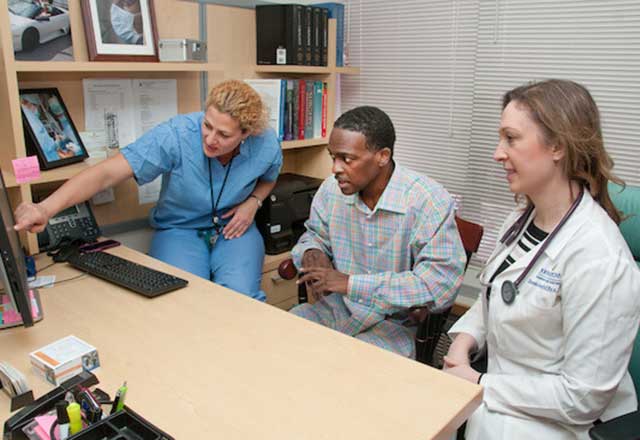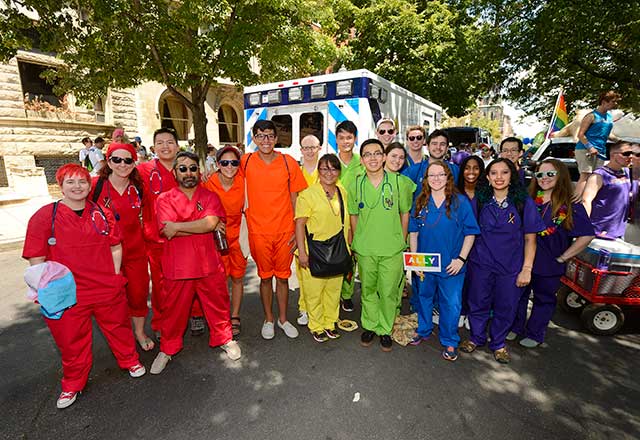Medical Services and Care at Sibley Memorial Hospital
Sibley Memorial Hospital offers a wide range of medical services to our community, ranging from primary care to specialized treatments. We are dedicated to providing the highest quality health care, delivered with skill and compassion.
-
Emergency Care
If you are experiencing an emergency, dial 911. For the Emergency Department, navigate to 5255 Loughboro Rd NW, Washington, DC, and follow signs for the emergency entrance off Little Falls Rd.
-
Specialty Care
From prevention to surgery, our care team offers expertise and compassion to every patient.
-
Primary Care
Whether you need treatment for a minor illness or chronic condition, our primary care physicians are ready to help.
-
Extended Care
We've built partnerships to offer assisted living and home-based care services for those who value independence but could benefit from skilled nursing care.
-
Pharmacy Services
Our pharmacy services include an in-house inpatient pharmacy and an infusion center pharmacy (Building B).
Specialty Care
Sibley Hospital is recognized for excellence in many medical specialties, attracting top doctors in all departments. For more information about referrals or to request an appointment, contact our access services at 202-537-4000.
Extended Care
-
Grand Oaks Assisted Living Community
On the campus of Sibley Memorial Hospital, Grand Oaks Assisted Living offers the comfort and amenities of a gracious home with around-the-clock personal assistance and a full range of services and activities.
-
Johns Hopkins Care at Home - Potomac
A nonprofit joint venture of Sibley Memorial Hospital and Suburban Hospital, this full-service, Medicare-certified home health agency provides a comprehensive range of home care services in Maryland and Washington, D.C.


